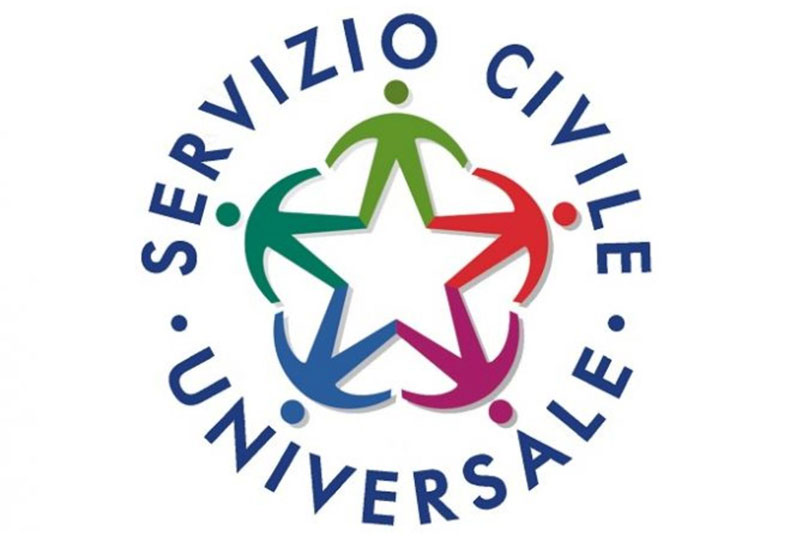Universal Civil Service

UNIVERSAL CIVIL SERVICE PROJECT
Program Title
Health and Well-being for All
Project Title
Prevention through Cultural Animation
Focus: Development of transversal skills to prevent addictions
Project Summary
The project aims to develop activities and actions that promote the well-being of boys and girls, encouraging their leadership and activism within their social and community environment. Through various initiatives, the project seeks to offer alternative opportunities for better use of free time and leisure, thus preventing excessive substance use.
Additionally, the project also aims to raise awareness among young people about the risks associated with the use of psychoactive substances.
In general, the project is designed for all hosting organizations that work daily with adolescents. In their educational relationship, they intervene with young people in a broad-spectrum approach, engaging with them not just by offering socialization activities but by positioning themselves as authoritative figures to address the various challenges they face during this delicate phase of life.
Actions and Activities
To facilitate participation in the project, all proposed activities and actions have a modular nature. These should then be concretely applied to the characteristics and needs of each hosting organization, which will develop its own intervention style, establishing communication and collaboration with the other organizations involved in the project.
Actions
Activities
(The activities listed below are for illustrative purposes; each organization will independently develop its own framework based on its experiences, types of services, and expertise.)
Survey on the impact of COVID on the lives of adolescents, with particular reference to substance use
Possible activities in this initial phase include:
-
Interviews with professionals involved in educational relationships and with young people in local schools and training settings: middle schools, high schools, and vocational training institutions. Interviews with social workers engaged in local Roma communities and with the youth from these communities.
-
Creation of an audio/video and/or written support based on the interviews and testimonies collected, with a focus on substance use and abuse.
-
Development of activities to encourage young people’s expression on the topic through theater and storytelling workshops, as well as music and/or choral workshops, which will engage groups of young people in exploring the theme of drugs. This will be done through the study and research of the origins and development of drug culture, their functions, use, abuse, and impact on human society.
-
Research and study of theatrical, cinematic, and musical works, along with group discussions, debates, brainstorming sessions, and cross-narrative storytelling activities.
Model Testing
A central element of this phase will be networking the solutions found and promoting the exchange of best practices among the various organizations involved in the project. The main locations where the developed activities will be implemented are Borgo Ragazzi Don Bosco and the Rampa Prenestina site, located at ITIS Di Vittorio-Lattanzio.
Borgo Ragazzi Don Bosco, the project partner site of APS Rimettere le Ali, hosts dozens of young people from diverse origins and cultures, coming from the eastern suburbs of Rome, who attend vocational training courses.
We will also offer the thematic workshops to middle and high schools in the area, to social sector organizations, and in the appropriate territorial settings.
The workshops will be aimed at both young participants and professionals, as well as volunteers interested in acquiring tools and knowledge to be used in their awareness-raising activities on substance abuse prevention and the promotion of youth well-being.
Possible activities, as examples, include:
- Dissemination of audio/video and/or written materials based on the testimonies collected during local research through interviews with educators and social workers.
- Workshops within Borgo Ragazzi and local schools, with dissemination of year-end presentations in appropriate community settings.
- Community-based workshops.
- Seminars and training sessions aimed at adults, parents, school teachers, social workers, association volunteers, and citizens.
- Art-education activities for adolescents focused on free time and vacations.
Model Testing
This will be the operational phase, during which the various organizations will be engaged in implementing their own programs, with the support of volunteers playing an active role in the project.
Volunteers will be trained to assist educators and staff in conducting interviews in the community, producing audio/video and written materials, conducting thematic studies and research, and leading thematic workshops on theatrical storytelling, music workshops, and art-education activities.
Volunteers will also have the opportunity to occasionally support the staff of the partner organizations, Rampa Prenestina, Rimettere le Ali, and I Blu, in their daily practices and activities.
Discussion, Evaluation, and Dissemination of Results
A central element of this phase will be networking the solutions found and promoting the exchange of best practices among the various organizations involved in the project. Free Source networking of methodologies, tools used, and final results will be shared through the partner organizations’ websites.

